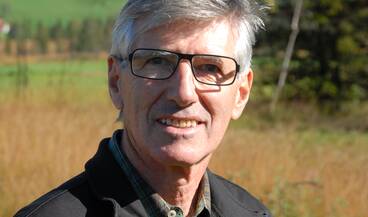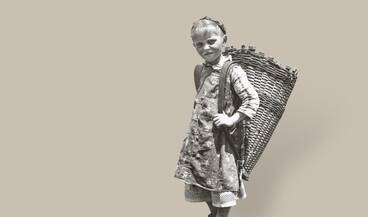Today
10:00 - 17:00
10:00 - 17:00
Tuesday till Sunday 10:00 - 17:00
Monday closed
Saint Joseph 19.03.2026 10:00 - 17:00
Good Friday 03.04.2026 closed
Easter 05.04.2026 10:00 - 17:00
Easter Monday 06.04.2026 10:00 - 17:00
Labour Day 01.05.2026 10:00 - 17:00
Mother´s Day 10.05.2026 10:00 - 17:00
Ascension Day 14.05.2026 10:00 - 17:00
Whitsun 24.05.2026 10:00 - 17:00
Whit Monday 25.05.2026 10:00 - 17:00
Corpus Christi 04.06.2026 10:00 - 17:00
Swiss National Holiday 01.08.2026 10:00 - 17:00
Assumption Day 15.08.2026 10:00 - 17:00
All Saints´ Day 01.11.2026 10:00 - 17:00
Saint Martin 11.11.2026 10:00 - 17:00
Immaculate Conception 08.12.2026 closed
Christmas Eve 24.12.2026 10:00 - 14:00
Christmas 25.12.2026 closed
St. Stephen´s Day 26.12.2026 10:00 - 17:00
New Year´s Eve 31.12.2026 10:00 - 14:00
accessibility.openinghours.special_opening_hours.link
Show all10:00 - 17:00
Tuesday till Sunday 10:00 - 17:00
Monday closed
Saint Joseph 19.03.2026 10:00 - 17:00
Good Friday 03.04.2026 closed
Easter 05.04.2026 10:00 - 17:00
Easter Monday 06.04.2026 10:00 - 17:00
Labour Day 01.05.2026 10:00 - 17:00
Mother´s Day 10.05.2026 10:00 - 17:00
Ascension Day 14.05.2026 10:00 - 17:00
Whitsun 24.05.2026 10:00 - 17:00
Whit Monday 25.05.2026 10:00 - 17:00
Corpus Christi 04.06.2026 10:00 - 17:00
Swiss National Holiday 01.08.2026 10:00 - 17:00
Assumption Day 15.08.2026 10:00 - 17:00
All Saints´ Day 01.11.2026 10:00 - 17:00
Saint Martin 11.11.2026 10:00 - 17:00
Immaculate Conception 08.12.2026 closed
Christmas Eve 24.12.2026 10:00 - 14:00
Christmas 25.12.2026 closed
St. Stephen´s Day 26.12.2026 10:00 - 17:00
New Year´s Eve 31.12.2026 10:00 - 14:00
accessibility.openinghours.special_opening_hours.link
Show allExperten-Führung
In der Rothenthurmer Moorlandschaft waren in der Vergangenheit zwei Erwerbszweige von besonderem Interesse: der Abbau von Torf sowie die Gewinnung von Natureis. Der Lokalhistoriker Albert Marty erläutert auf seinem Rundgang durch Teile der Ausstellung die Besonderheiten vom «Turpnä» und «Ischä».
In grossem Stil wurde ab Ende des 19. Jahrhunderts der Abbau von Torf als Brennstoff in der Moorlandschaft Rothenthurm betrieben. Der Torfabbau als erster grosser Industriezweig der Rothenthurmer wurde während der beiden Weltkriege im 20. Jahrhundert intensiviert. Mit der Annahme der Rothenthurm-Initiative 1987 wurde der Torfabbau dort sowie in der ganzen Schweiz verboten. Die Natureisgewinnung in Rothenthurm war über 50 Jahre lang ein lohnender Betriebszweig der Genossame und für die Genossenbürger ein wertvoller Nebenverdienst. Im Herbst wurde die Biber im Unterdorf jeweils gestaut. Sobald die Eisdecke dick genug war, wurde mit «Ischä» begonnen. Abnehmer der Eisblöcke waren vor allem Brauereien aus dem Raum Zürich.
Zeughausstrasse 5
6430 Schwyz


Making hay, herding cattle, cutting peat, spooling and tatting – children have always supported their families in work, especially in farming. With the rise of industry, children were often exploited as cheap labour, above all in textile mills, and not least in Switzerland. They were forced to work long hours, took on dangerous or unhealthy tasks, and were often prevented from going go to school. Only after the introduction of compulsory schooling in 1874 and the adoption of the Federal Factory Law in 1877, education became a basic human right in Switzerland and children under the age of 14 were prohibited from working.
The exhibition shows many aspects of child labour in those early days and explains how children's rights were regulated in Switzerland. Special attention is given to the conditions in central Switzerland at that time.